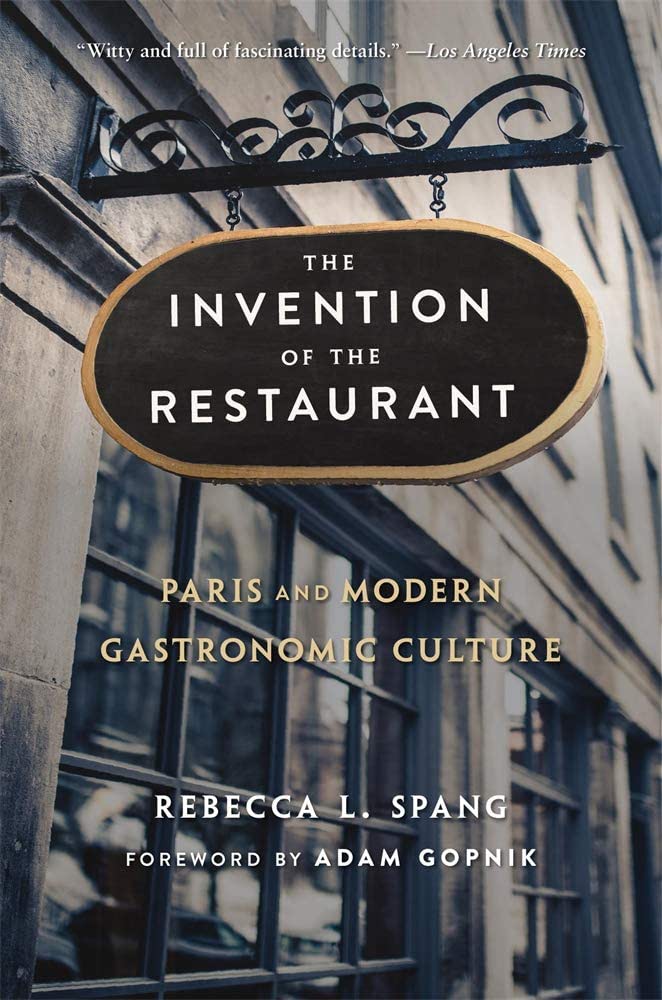The Invention of the Restaurant
豆瓣
Paris and Modern Gastronomic Culture
Rebecca L. Spang
简介
Why are there restaurants? Why would anybody consider eating alongside perfect strangers in a loud and crowded room to be an enjoyable pastime? To find the answer, Rebecca Spang takes us back to France in the eighteenth century, when a restaurant was not a place to eat but a quasi-medicinal bouillon that formed an essential element of prerevolutionary France’s nouvelle cuisine.
This is a book about the French Revolution in taste—about how Parisians invented the modern culture of food, changing in the process their social life and that of the world. Over the course of the revolution, restaurants that had begun as purveyors of health food became symbols of aristocratic greed. In the early nineteenth century, the new genre of gastronomic literature worked within the strictures of the Napoleonic state to transform restaurants yet again and to confer star status upon oysters and champagne.
contents
Introduction: To Make a Restaurant
1. The Friend of All the World
2. The Nouvelle Cuisine of Rousseauian Sensibility
3. Private Appetites in a Public Space
4. Morality, Equality, Hospitality!
5. Fixed Prices: Gluttony and the French Revolution
6. From Gastromania to Gastronomy
7. Putting Paris on the Menu
8. Hiding in Restaurants
Epilogue: Restaurants and Reverie
Notes
Acknowledgments
Index